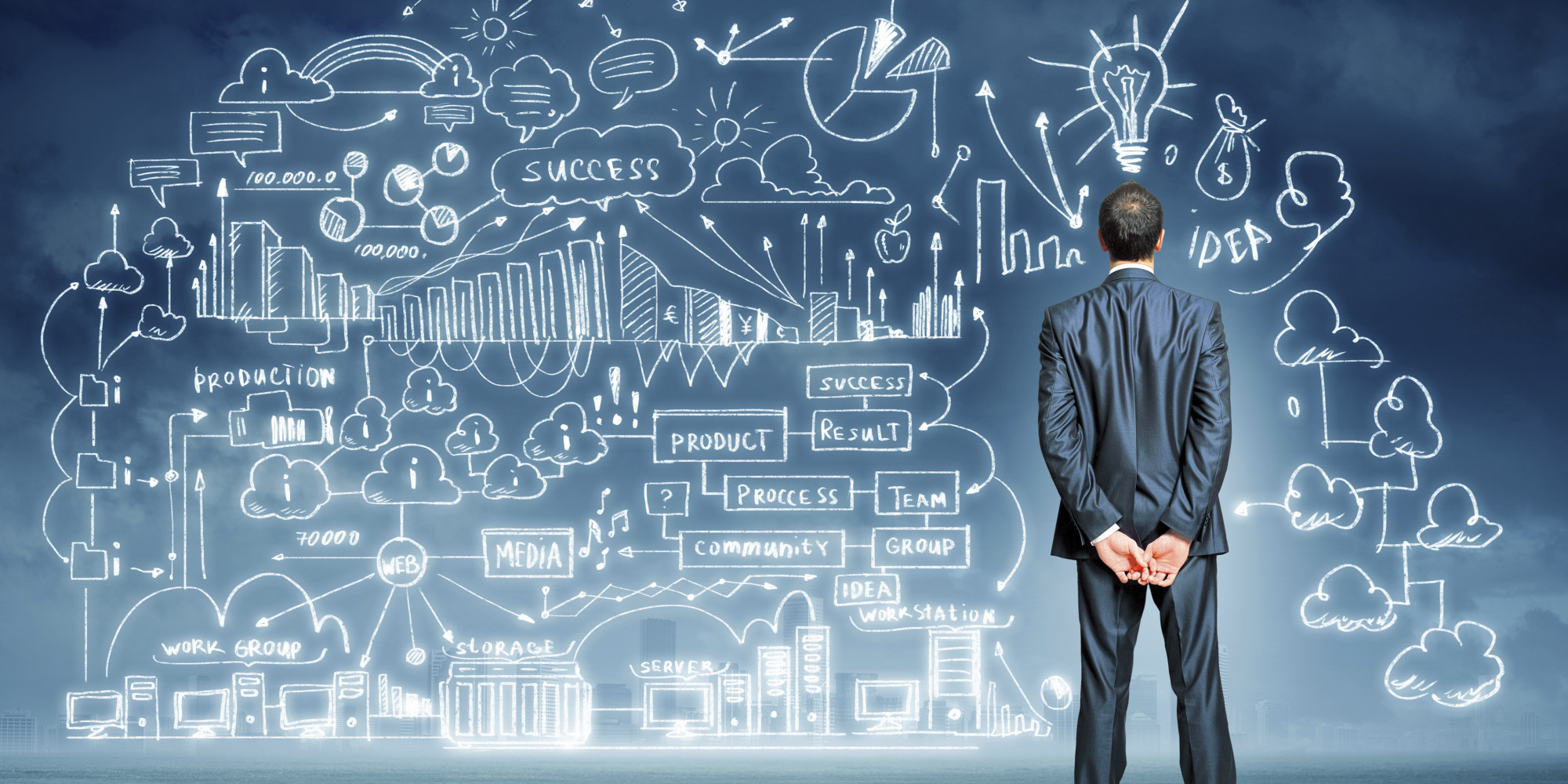Technology touches every area of our lives. The emergence of the Internet of Things, coupled with AI and machine learning will that it will lead to technology having an even bigger impact on us.
There is no turning back and for the most part this is a good thing. Used in the right way, technology has a positive effect on our lives.
Yet a lot of us still don’t quite trust it. Some people are still quite reticent about embracing new technologies.
This is partly because of the many worrying tech news stories. It is also because many of us can see the negative effect, some types of tech are having on our friends and family. We have all noticed the way in which Smart Phones have changed the way we communicate. You still see families and groups of friends in restaurants who barely say a word to each other because they are too busy looking at their devices.
Even the tech elite are starting to voice concerns. During an interview at the Stanford Graduate School of Business, Chamath Palihapitiya, who was once Facebook’s Vice President for User Growth, said:
“I think we have created tools that are ripping apart the social fabric of how society works”
In countries across the world, the issue of tech dependency and addiction is being recognized and tackled. Many schools have banned phones and, increasingly, parents are limiting screen time. In some countries, like China, boot camps are being set up to help citizens to break their unhealthy tech habits.
I can also see that tech can be problematic. But, I am still firmly of the opinion that technology is a good thing. Given enough time, most of the problems that mankind faces can be solved with the help of tech.
Unusually, for someone who is employed within the tech industry, I have an agriculture degree. One of the reasons I got so interested in IT was that I could see the many benefits adopting new technologies could bring to farmers.
The emergence of new technologies has made it possible for us to grow food, practically anywhere. A great example of this are the systems that enable us to grow all kinds of vegetables and fruit inside and to be able to do so on an industrial scale. As well as the physical infrastructure that delivers water, nutrients and light to the plants, there is software. This software measures and controls everything. It turns on the water and change the intensity of the light feeds the plants and alerts the pickers when it is time to harvest each area of plants.
For example, Hydrawise is a software which will help you take control of the irrigation system. It has a desktop application and mobile app which means that you can take it with you where ever you go. The price of software like this can be huge investment, but you can get it cheaper by using coupons or discount codes from sites like CouponSolver.com.
Using this technology has the potential to eliminate food miles. It also means that food can be produced regardless of the weather condition outside. In years to come, this technology will become increasingly important, crucial even.
Plus, of course, some of this technology can be adapted for use outside. For example, irrigation systems that measure the moisture in the soil and only water when necessary save water, increase yields and free up the farmers time.
Today, farmers are using apps that tell them how much grazing is available in each field. Armed with this knowledge the farmer knows where to move his or her animals to next and how long they should be left there.
Right now, technology is getting a lot of bad press. But, history teaches us that, on balance, the adoption of new technologies has been a good thing for mankind. From what I can see, this will continue to be the case. Provided, that is, we recognize potential issues with this new tech and take steps to mitigate them.
The emergence of AI, machine learning, auto de-bugging and Agile testing and other developer tools means that the pace of change is going to accelerate at a phenomenal rate. So, over the next decade or so, we can expect technology to radically change the way we live. I am pretty sure that this will turn out to be a positive thing.


